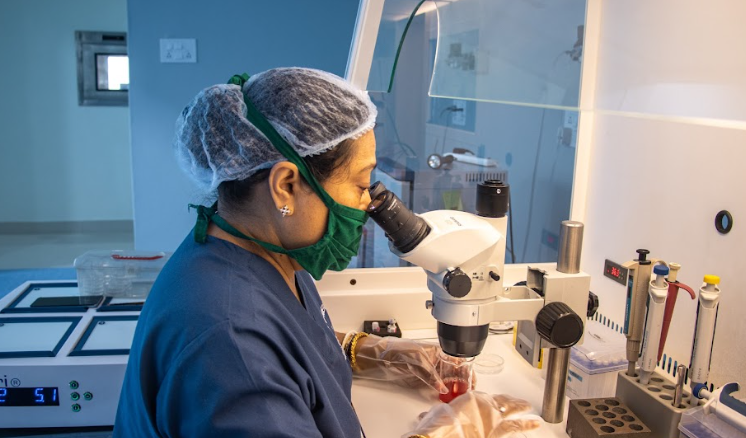IVF in India offers a combination of affordability, advanced medical expertise. With comprehensive fertility services, it is making it a preferred choice for individuals seeking effective solutions to infertility. With a commitment to quality care and ethical practices, IVF in India continues to attract patients globally looking to build their families through assisted reproductive technologies.
Recurrent implantation failure may identify after three failed IVF cycles or after transfer of 10 high grade embryos. There are many different factors which may contribute for this recurrent IVF failure. Such as parental chromosomal translocations, abnormal uterine anatomy, hydrosalpinx, or inadequate culture conditions or embryo transfer techniques.
Failure may be due to factors with the “Seed, Soil or the Cultivator”
Some studies have suggested that local injury of the endometrium by means of a catheter or hysteroscopy can induce an inflammatory response that may facilitate the preparation for implantation.
Artificial rupture of the covering of the embryo (Zona pellucida) may improve implantation: Assisted Hatching but is still not proved.

Pre-implantation genetic screening of the embryos is now a day used to get and select best embryos. But this strategy did not show any improvement in patient outcome. And did not show any significant difference on clinical pregnancy rates.
A few studies have reported that congenital and acquired prothromotic conditions are more prevalent in women with recurrent implantation failure. Therefore, use of low molecular weight heparin (LMWH) and mini dosage of aspirin on patients with thrombophilia and recurrent implantation failure has been discussed. But large studies are required to prove them.


Leave feedback about this